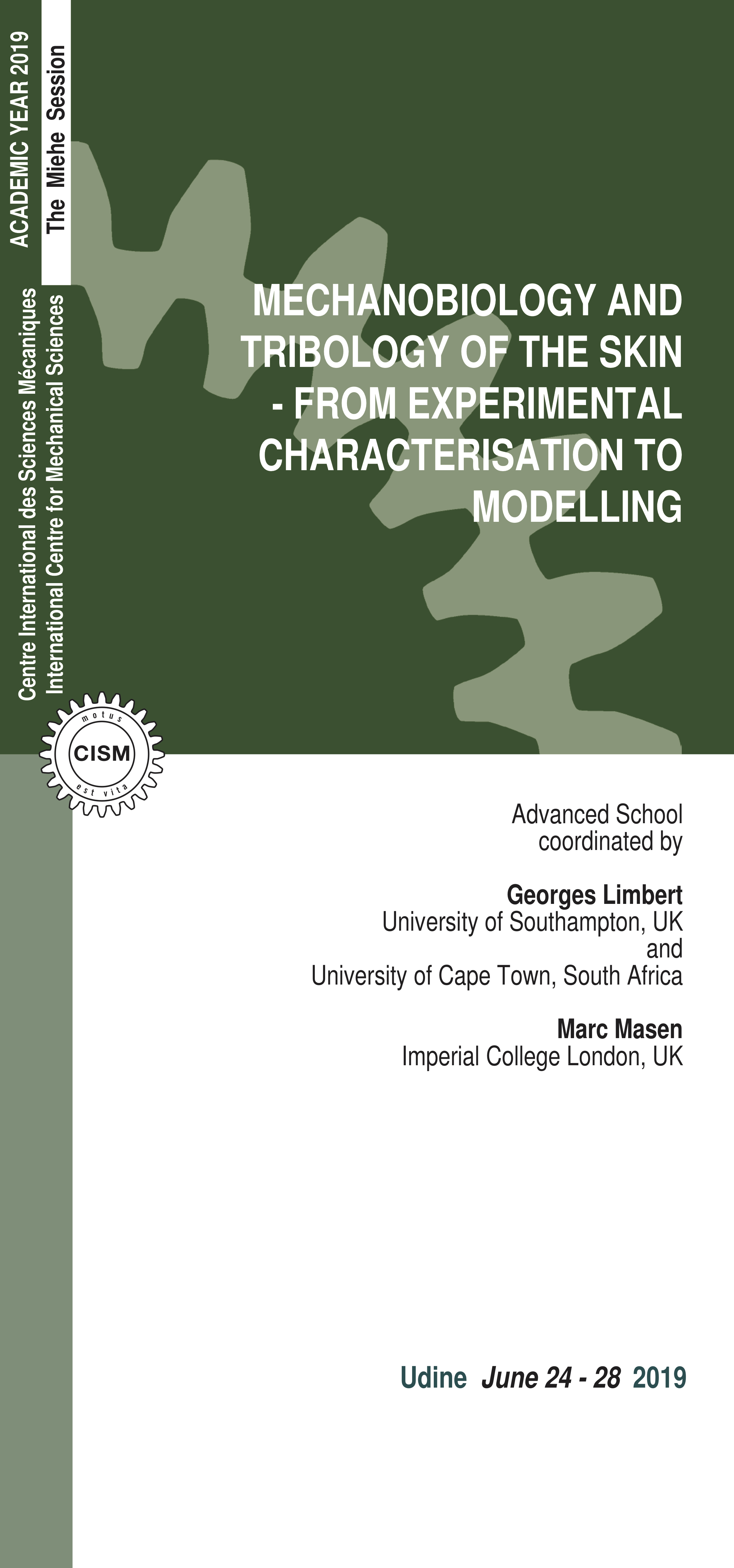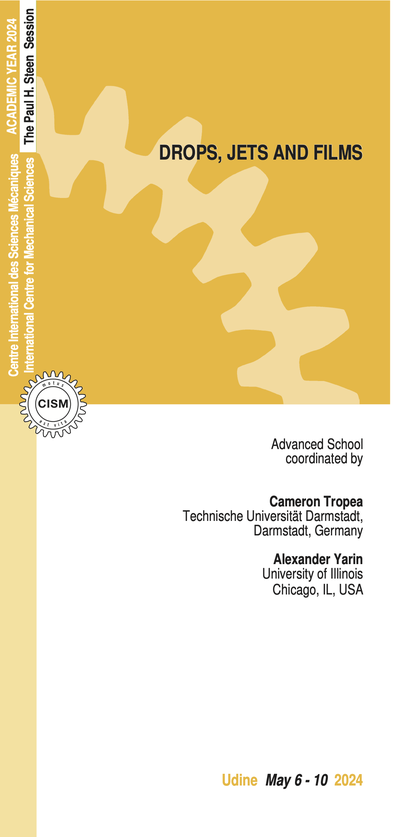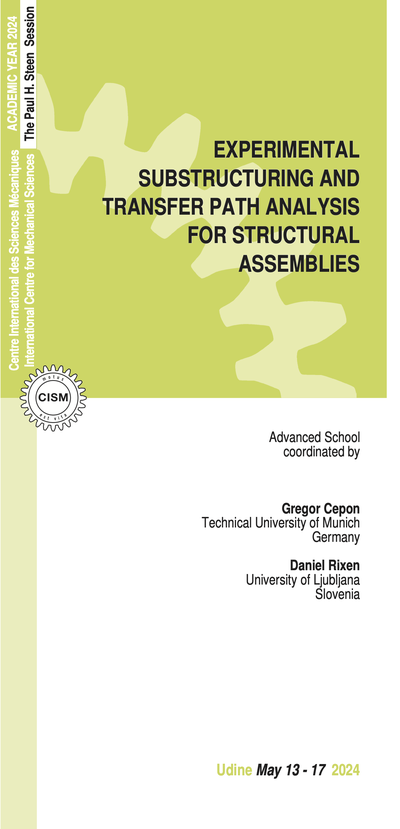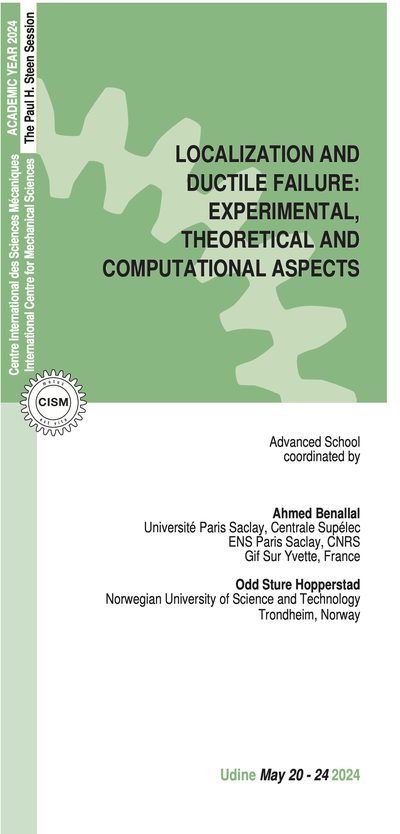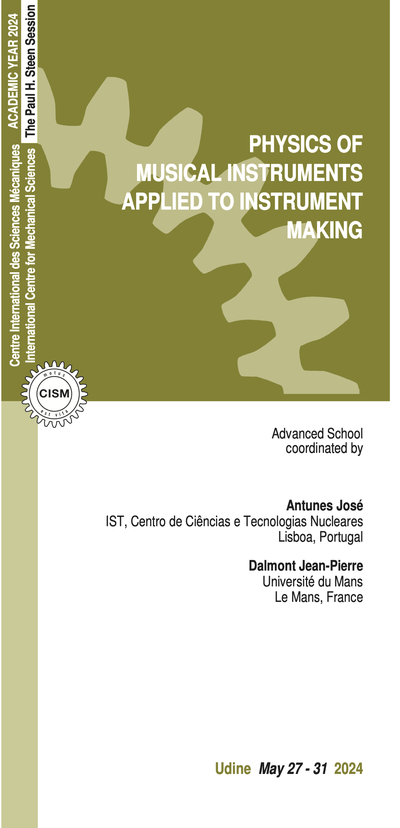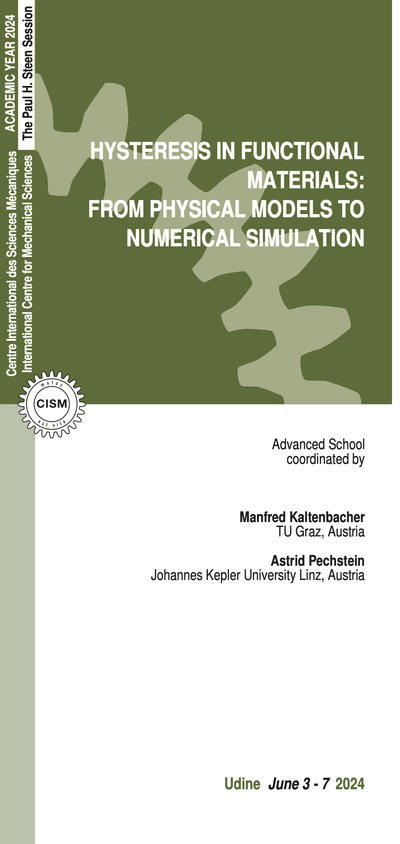The skin is the first line of defence of our body against the external environment and acts as a complex multi-functional physical interface. It controls many types of exchanges between our inner and outside worlds which take the form of mechanical, thermal, biological, chemical and electromagnetic processes.
The complexity of skin mechanobiology and tribology can only be unravelled by adopting interdisciplinary research approaches which integrate physical experiments, imaging and modelling. As a consequence, researchers, must be trained in a wide range of topics from experimental physics, skin biology, continuum mechanics, soft matter physics, mathematical modelling and data analysis, through multiscale imaging protocols and image processing to finite element methods and computational procedures. Often, researchers in mechanobiology/biomechanics lack fundamental knowledge about surface physics and soft matter tribology while scientists/engineers focussing on tribology do not appreciate the inherent complex interplay between biological processes associated with cell activity, skin microstructure, material properties of its elemental constituents and the resulting surface effects associated with contact and friction.
The ambition of the course is therefore to provide a consistent and holistic introduction to modern research focussed on skin mechanobiology and biotribology whilst also covering advanced topics at the experimental and modelling levels. The aim of the course is to present the current state of the art as well as basic associated methods and theories.
The lectures will address in particular the fundamental aspects of skin mechanobiology (biology, physiology, structural organisation, damage and wound healing), characterisation techniques (mechanical properties, tribological properties, acoustic wave propagation techniques, experimental testing devices, numerically-based inverse identification techniques) as well as mathematical and numerical modelling approaches (basic foundations of non-linear continuum mechanics, constitutive modelling and associated finite element techniques, image-based modelling and analysis of skin surface instabilities).
Throughout the course the lecturers will point to future directions and challenges in research in the broad area of skin biophysics and also illustrate how the presented theories and techniques are used to solve practical problems of fundamental and industrial relevance.
This course is not only addressed to doctoral students and postdoctoral researchers in biomedical/mechanical/civil engineering, biophysics and applied mathematics but also to more senior scientists and engineers in academia and industry, with a special interest in skin mechanobiology and tribology. The summer school will also be an excellent opportunity to foster discussions between young and more established researchers in a very conducive atmosphere, to encourage interactions between experts with different background and to educate the next generation of researchers.
Limbert, G., 2017. Mathematical and computational modelling of skin biophysics-A review. Proceedings of the Royal Society Part A, 473:1-39.
Limbert, G., Kuhl, E. (2018) On skin microrelief and the emergence of expression micro-wrinkles. Soft Matter, 14(8):1292-1300.
Leyva-Mendivil, M.F., Lengiewicz, J., Page, A., Bressloff, N.W., Limbert, G., 2017. Skin microstructure is a key contributor to its friction behaviour. Tribology Letters 65, 12.
Stupkiewicz, S., Lewandowski, M. J., Lengiewicz, J. (2014) Micromechanical analysis of friction anisotropy in rough elastic contacts. International Journal of Solids and Structures, 51(23-24):3931-3943.
Leyva-Mendivil, M.F., Lengiewicz, J., Page, A., Bressloff, N.W., Limbert, G. (2017) Implications of multi-asperity contact for shear stress distribution in the viable epidermis - An image-based finite element study. Biotribology, 11:110-123.
Deroy, C., Destrade, M.,Mc Alinden, A., Ni Annaidh, A. (2017) Non-invasive evaluation of skin tension lines with elastic waves. Skin Research and Technology, 23:326-335.
Destrade, M. (2015) Incremental equations for soft fibrous materials. In: Nonlinear Mechanics of Soft Fibrous Materials (R.W. Ogden & L. Dorfmann, Editors). CISM Lecture Notes, Springer, 559:233-267.
Ciarletta, P., Destrade, M., Gower, A. L. (2013) Shear instability in skin tissue. Quarterly Journal of Mechanics and Applied Mathematics, 66:273-288.
Zeevi, T., Levy, A., Brauner, N., Gefen A. (2018) Effects of ambient conditions on the risk of pressure injuries in bedridden patients-multi-physics modelling of microclimate. International Wound Journal,15(3):402-416.
Gefen, A., Weihs, D. (2018) Cytoskeleton and plasma-membrane damage resulting from exposure to sustained deformations: A review of the mechanobiology of chronic wounds. Medical Engineering and Physics, 38(9):828-33.
Klaassen, M., de Vries, E. G., Masen, M. A. (2017) The static friction response of non-glabrous skin as a function of surface energy and environmental conditions, Biotribology, 11:124-131.
Veijgen, N. K., Masen, M. A., van der Heide, E. (2013) Variables influencing the frictional behaviour of in vivo human skin, Journal of the Mechanical Behavior of Biomedical Materials, 28:448-461.
Weickenmeier, J., Jabareen, M., Mazza, E. (2015) Suction based mechanical characterization of superficial facial soft tissues, Journal of Biomechanics, 48:4279-4286.
Barbarino, G., Jabareen, M., Mazza, E. (2011) Experimental and numerical study on the mechanical behavior of the superficial layers of the face, Skin Research and Technology, 17(4):434-444.
5 lectures on: Mechanical surface instabilities in biological soft tissues; skin wrinkles; mathematical and numerical stability analyses; wave propagation techniques for skin Langer lines characterisation.
6 lectures on: Fundamental aspects of the mechanobiology of skin; tissue engineering and numerical modelling aspects of skin tissue and cell mechanobiology (pressure ulcers and wound healing); image-based patient-specific modelling of skin mechanobiology for clinical applications.
6 lectures on: Finite strain contact mechanics; finite element contact formulations; multiscale contact homogenisation procedures (general principles, techniques and applications to soft matter and the skin).
6 lectures on: Hierarchical structure of the skin; non-linear continuum mechanics; constitutive modelling of the skin and associated finite element techniques; image-based modelling of the skin; non-linear finite element procedures for wrinkling analysis.
6 lectures on: Surface physics of soft matter; applications of skin tribology; experimental characterisation of tribological properties of the skin; friction and adhesion theories for skin, sensitivity of skin friction to surface energy and environmental conditions.
6 lectures on: Experimental techniques for skin characterisation and inverse numerical identification procedures.
The registration fee is 600.00 Euro + VAT*, where applicable (bank charges are not included). The registration fee includes a complimentary bag, four fixed menu buffet lunches (on Friday upon request), hot beverages, downloadable lecture notes and wi-fi internet access.
Applicants must apply at least one month before the beginning of the course. Application forms should be sent on-line through the following web site: http://www.cism.it. A message of confirmation will be sent to accepted participants. Applicants requiring assistance with the registration should contact the secretariat at the following email address cism@cism.it.
Applicants may cancel their course registration and receive a full refund by notifying CISM Secretariat in writing (by email to cism@cism.it) no later than two weeks prior to the start of the course.
Cancellation requests received during the two weeks prior to the start of the course will be charged a 50.00 Euro handling fee. Incorrect payments are also subject to a 50.00 Euro handling fee.
A limited number of participants from universities and research centres who are not supported by their own institutions can be offered lodging and/or board, if available, in a reasonably priced hotel or student guest house.
Requests should be sent to CISM Secretariat by April 24, 2019 along with the applicant's curriculum and a letter of recommendation by the head of the department or a supervisor confirming that the institute cannot provide funding. Preference will be given to applicants from countries that sponsor CISM.
Information about travel and accommodation is available on the web site www.cism.it, or can be mailed upon request.
* Italian VAT is 22%.
